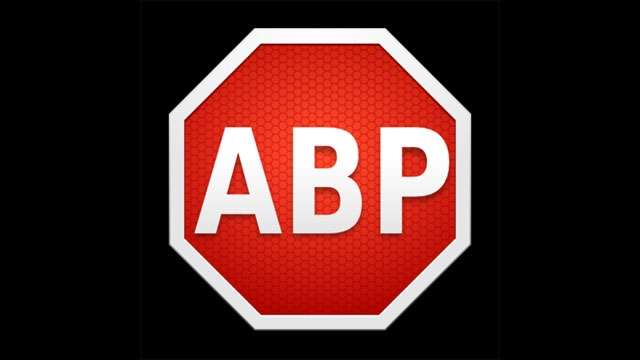The Independent's journalism is supported by our readers. When you purchase through links on our site, we may earn commission.
Google reportedly paying AdBlock Plus to greenlight their ads
Search giant among companies paying to have their ad content added to app's 'whitelist'

According to reports from German news site Horizont, Google and other companies are paying the makers of AdBlock Plus to add their content to the app’s list of ‘acceptable ads’.
AdBlock Plus, the single most popular browser extension for both Firefox and Chrome, is a free application that users install to remove advertising from their web experience. Despite this, the company has always been open about its 'whitelisting' of certain content.
The makers define advertisements they consider acceptable as those which are static (ie, without animation or sounds), that do not obscure page content, are clearly marked as advertising and that are preferably text-only.
In a survey of AdBlock's users they reportedly found that only 25% wanted no advertising at all, and even these individuals can still disable the whitelist. AdBlock also charges certain large companies to have their content automatically whitelisted (it's this that Google is allegedly guilty of), in order to help maintain their database of acceptable sites.
The information gained attention via a posting on Hacker News, where users have been discussing the pros and cons of such a system. One commenter named RyanZAG notes that whilst the news seems fairly innocuous it sets a bad precedent by creating a two-tiered system of advertising. Giants like Google can give their own content an automatic boost, whilst "removing the ability for other players to compete on a level footing."
Another user responds saying that this is just how advertising has always worked - companies pay gateholders in order to let their ads appear in front of users. The only oddity is that AdBlock sell themselves as keeping such advertisements hidden so the whole situation has become, in md224's words, "meta".
However, if AdBlock didn't work with companies in some way then brands would almost certainly take action against them. So it seems that having at least some standards - ie, AdBlock's criteria of what makes an 'acceptable advertisement' - is preferable to having no standards at all.
Join our commenting forum
Join thought-provoking conversations, follow other Independent readers and see their replies
Comments
Bookmark popover
Removed from bookmarks